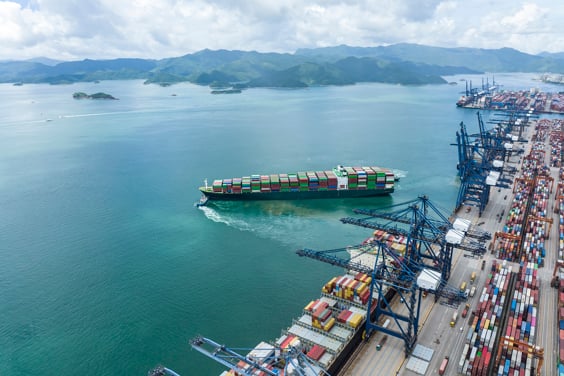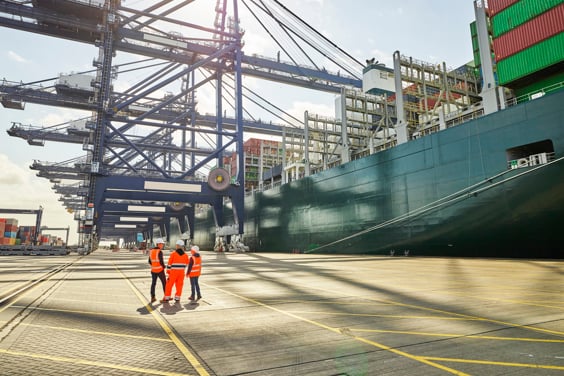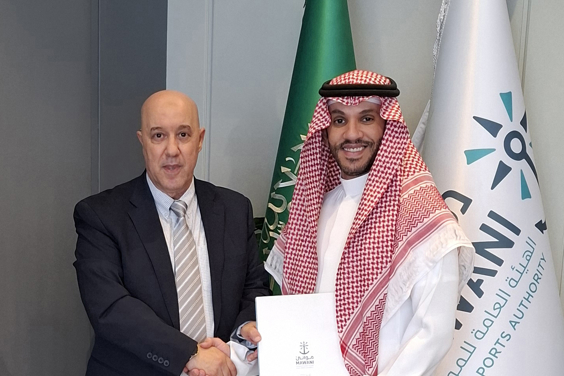A ports attractiveness goes beyond offering a combination of efficiency, reliability, and value. Identifying the right investment decisions, technical solutions, operational adjustments, and regulatory impacts of clean energy systems required for competitive ROI requires insights. The port industry is transitioning to sustainable and decarbonized operations in response to increasing global pressure to reduce emissions and embrace greener practices. Stricter environmental regulations to reduce carbon footprint needs alignment.
Ports' capabilities are attractive to influence investment decisions and understand the best sustainable solutions for transitioning the energy systems to meet carbon neutral and net zero targets whilst keeping up with the demands of increased maritime traffic, evolving shipping technologies, and global competition, can hinder growth and overall economic impact.
Today's operations must include advanced technology, superior customer service, and a strategic location to major trade routes.
Our team of experts offer guidance in selecting the best investments and technical solutions for decarbonising port operations and infrastructure. If you are looking to evolve sustainably while expanding your service offerings to attract environmentally conscious partners in the maritime industry, we can help you to improve and enable a longer-term sustainability and energy transition position.
- Safe and Future-Ready Fuel Bunkering Operations Assessment
- Alternative fuels feasibility, safety, and marine operations studies
- Scalable energy transition and decarbonization strategies
- ESG Strategy & Reporting
- Green port infrastructure consultancy (e.g. CCS, OPS, P2X, nuclear)
- Port planning for clean energy facilities (e.g. wind, green bunkering)
 Port Operations Advisory & Maritime Solutions for Resilient, Future-Ready Ports
Port Operations Advisory & Maritime Solutions for Resilient, Future-Ready Ports


























